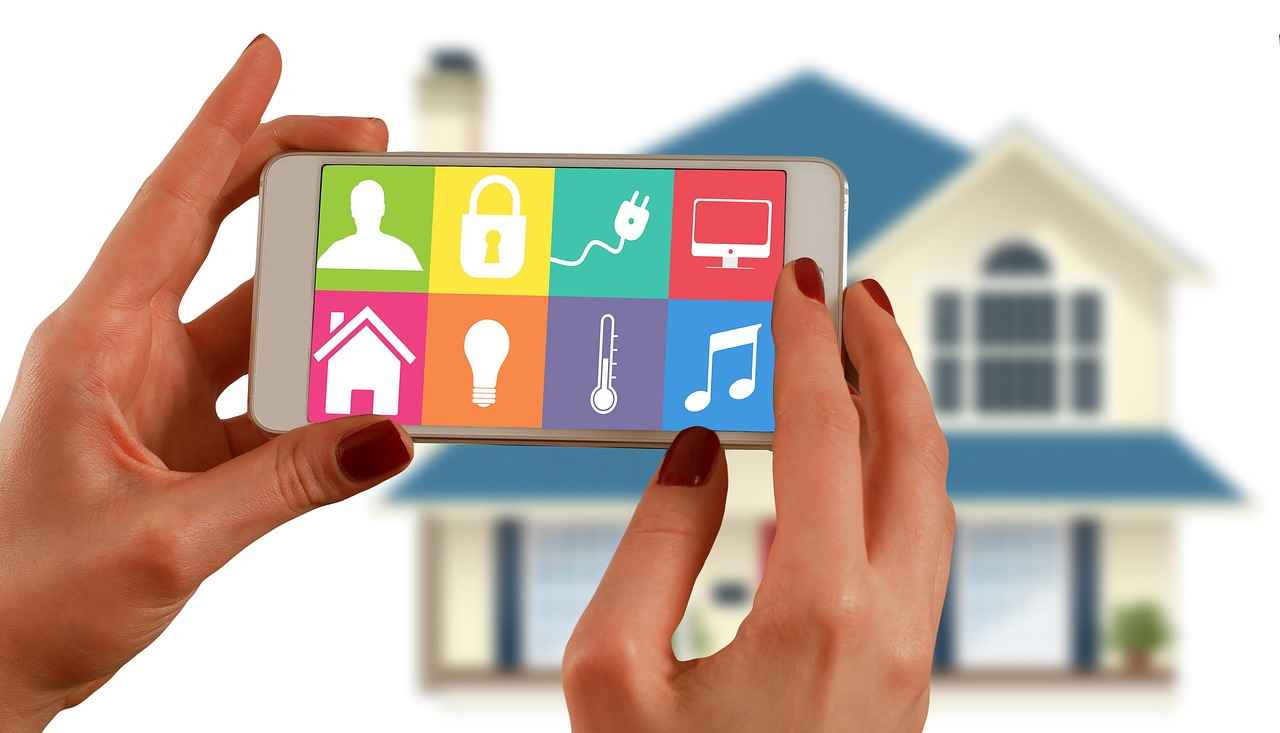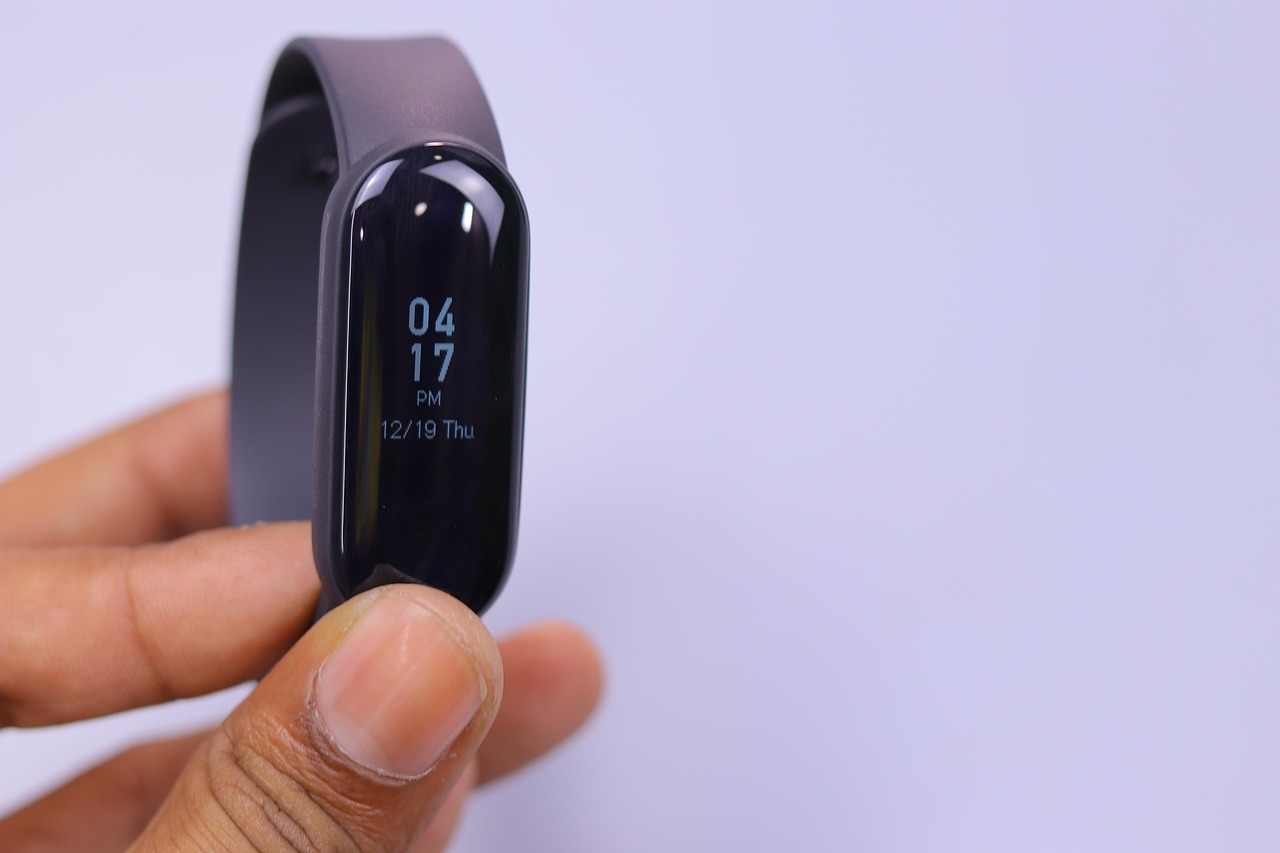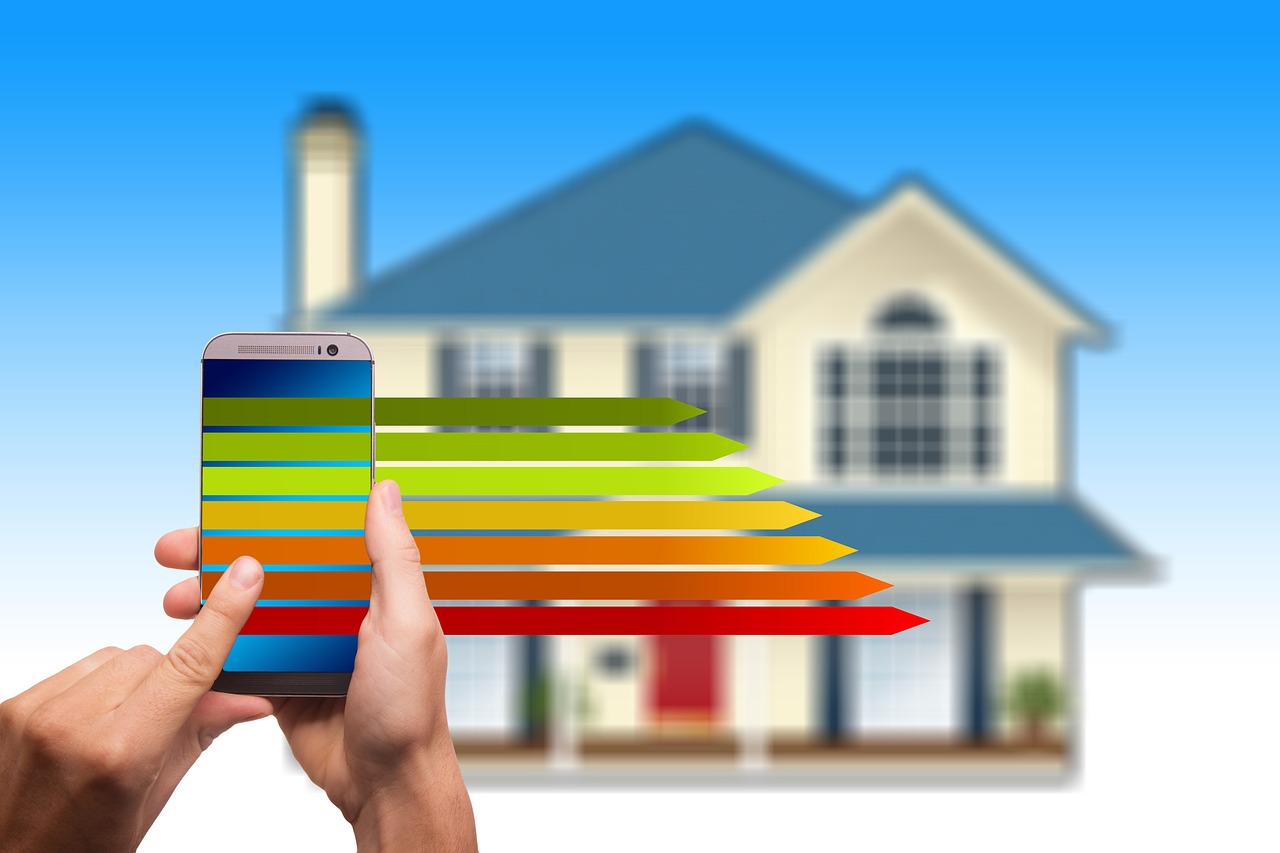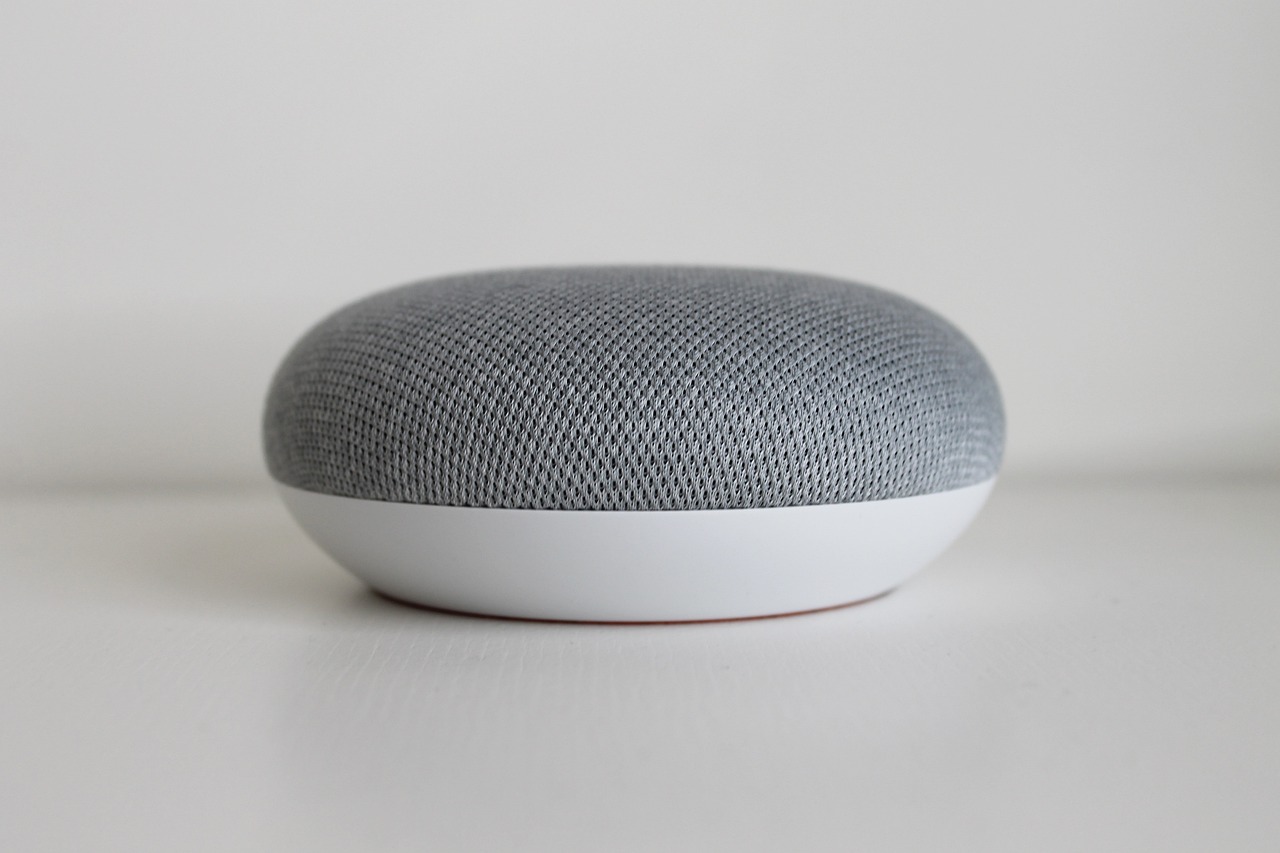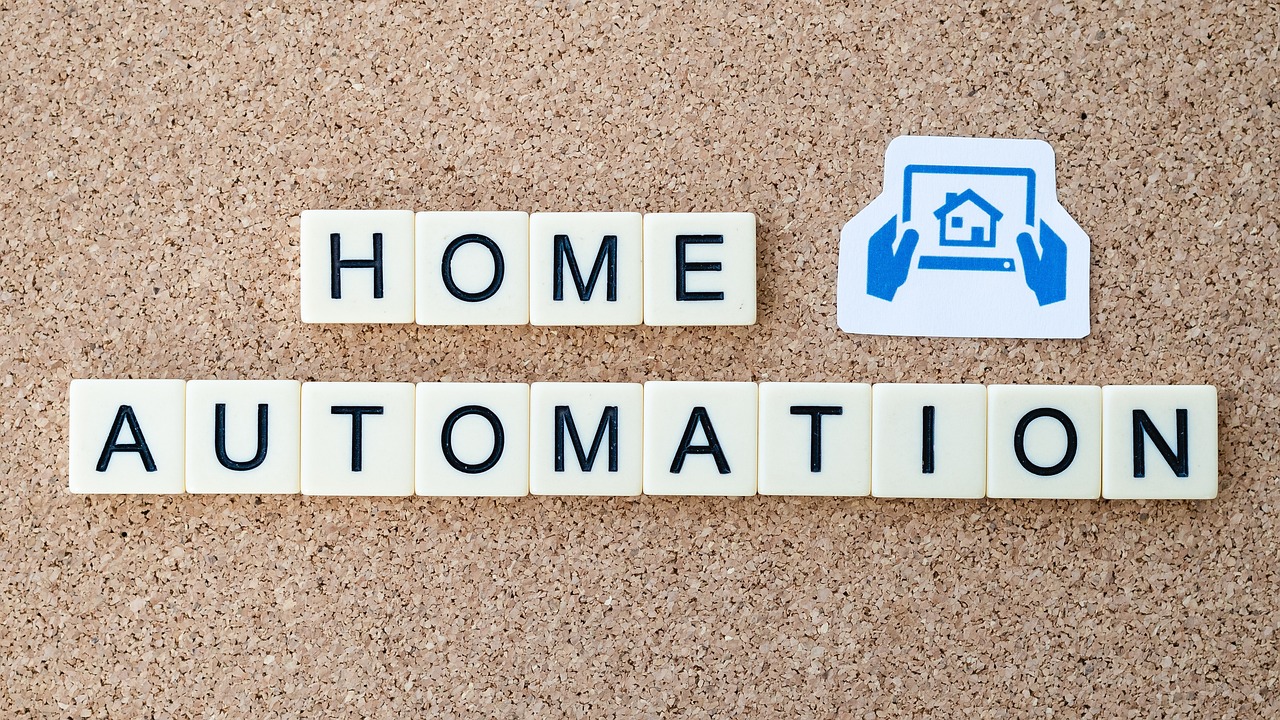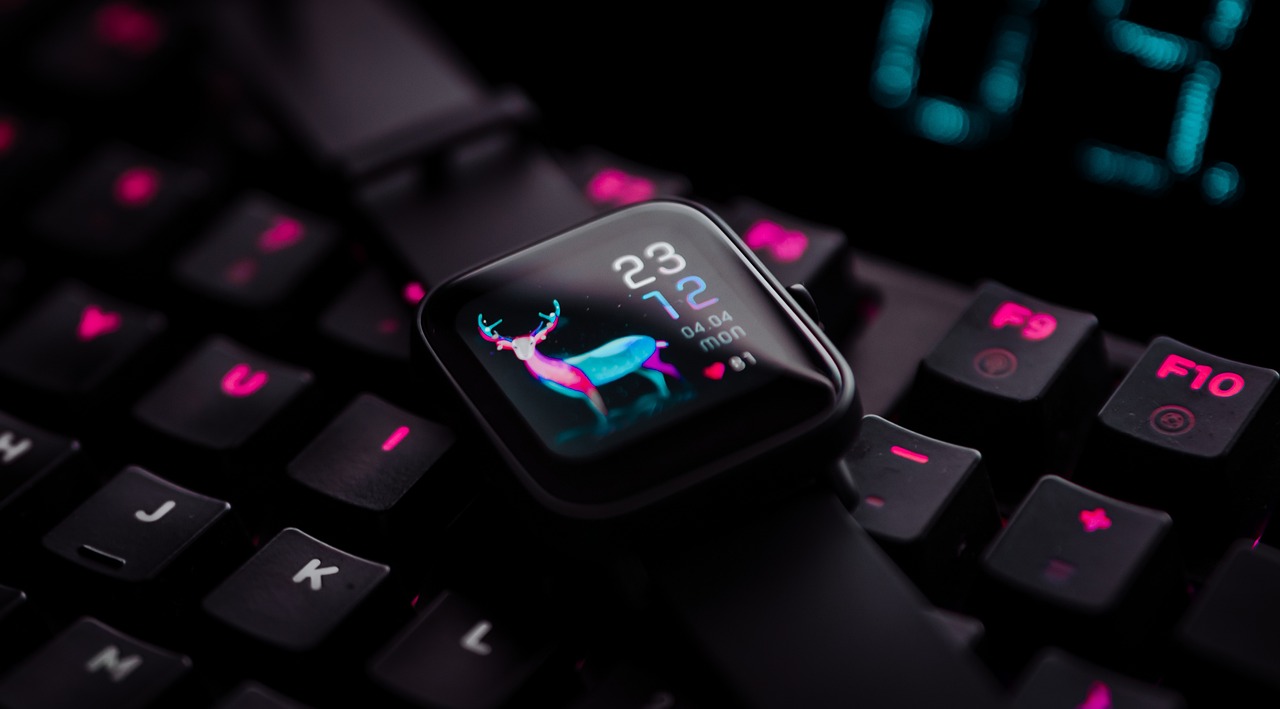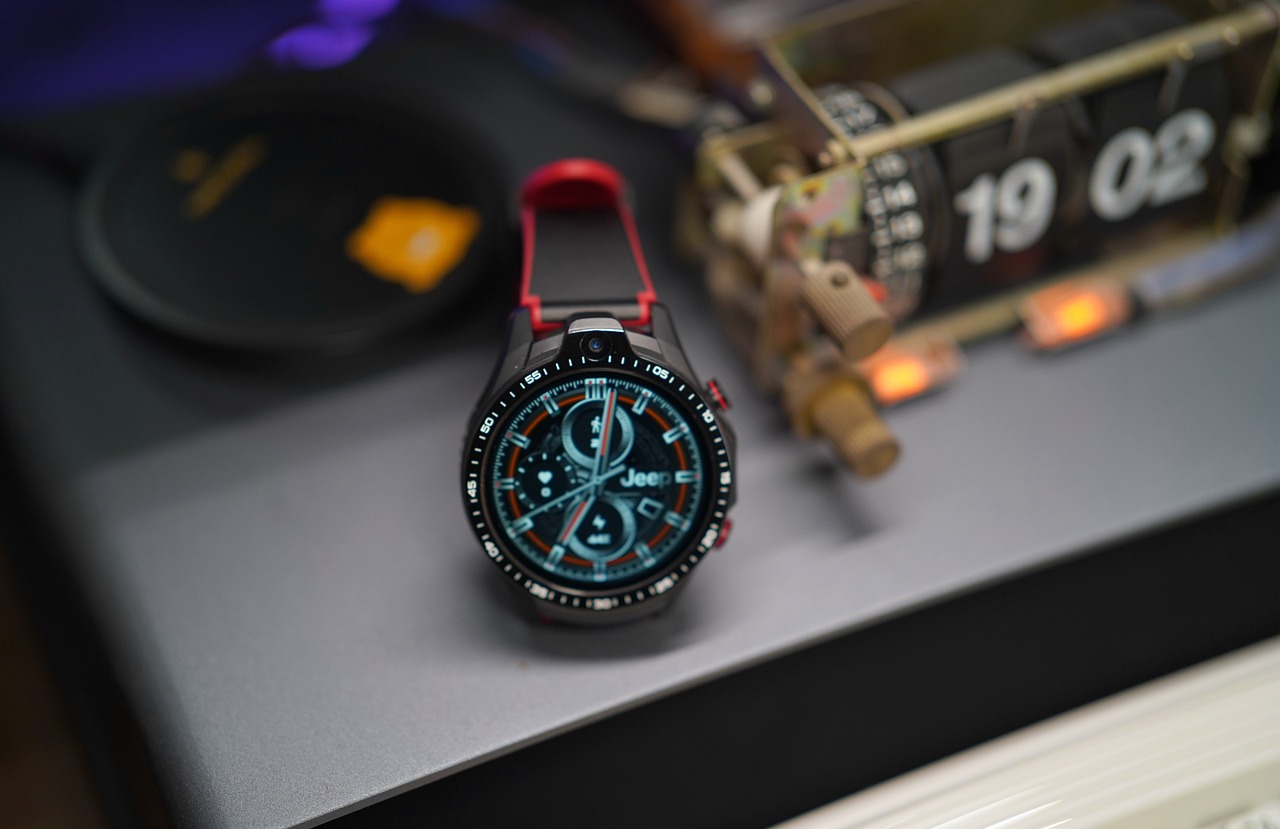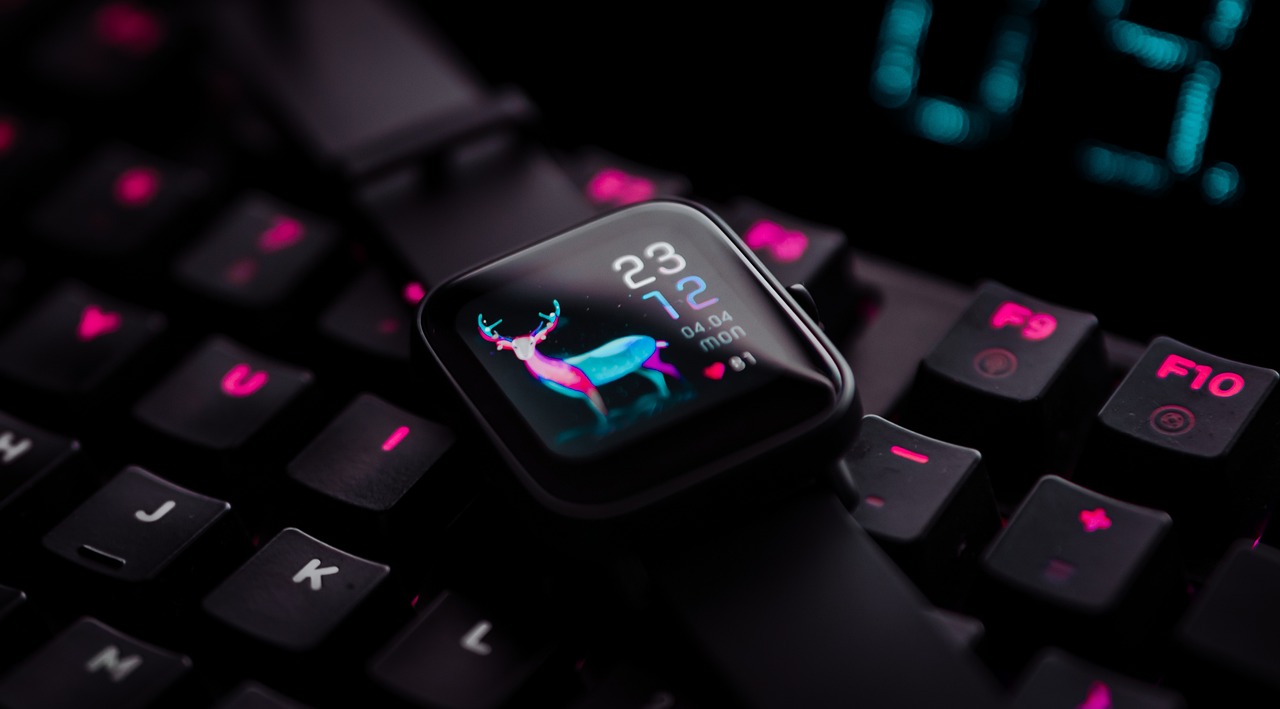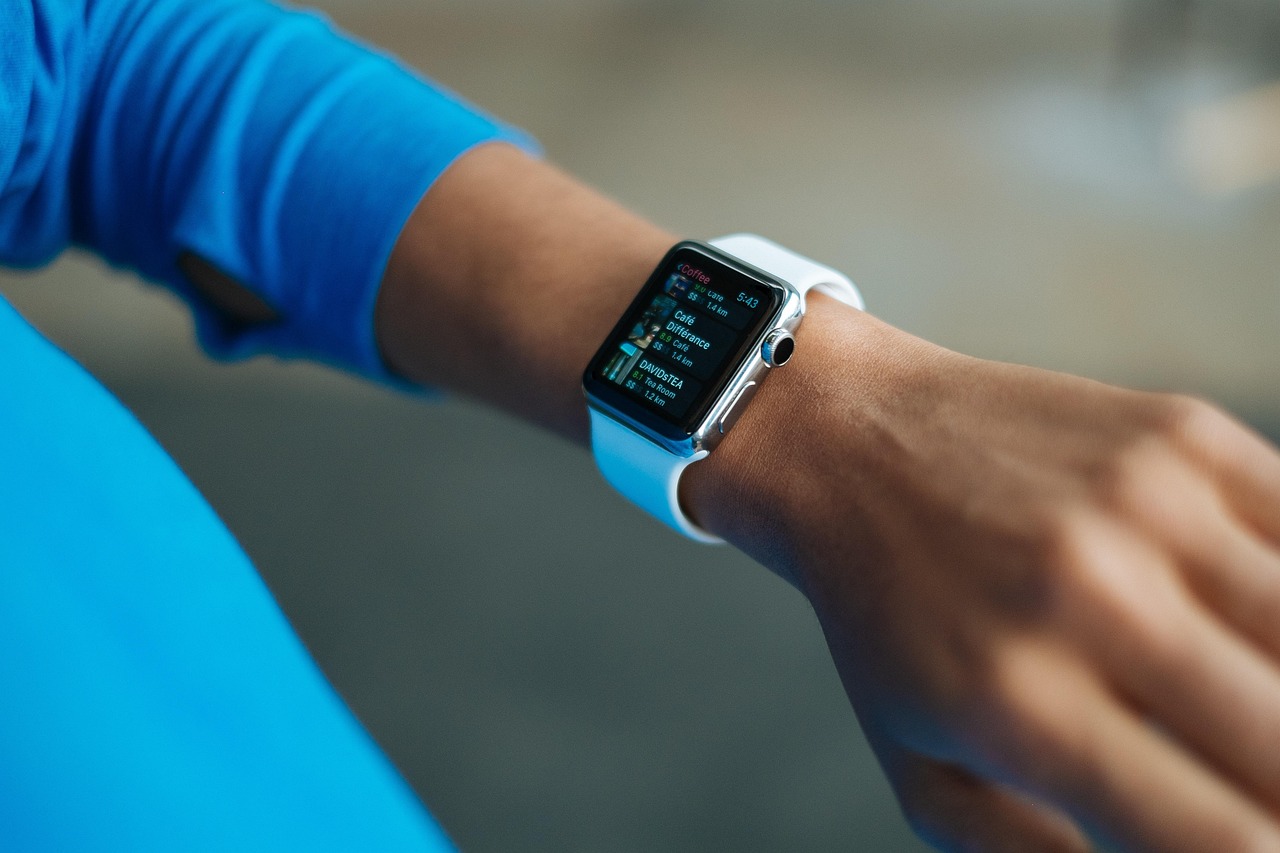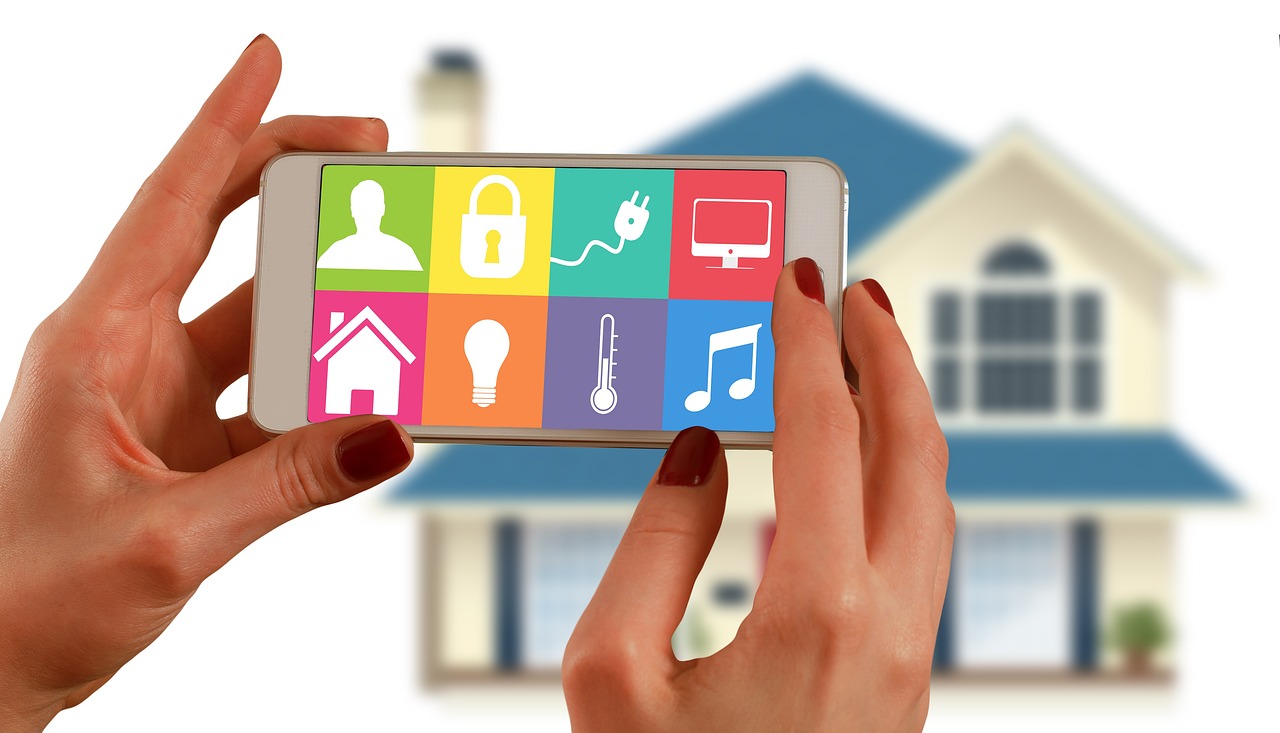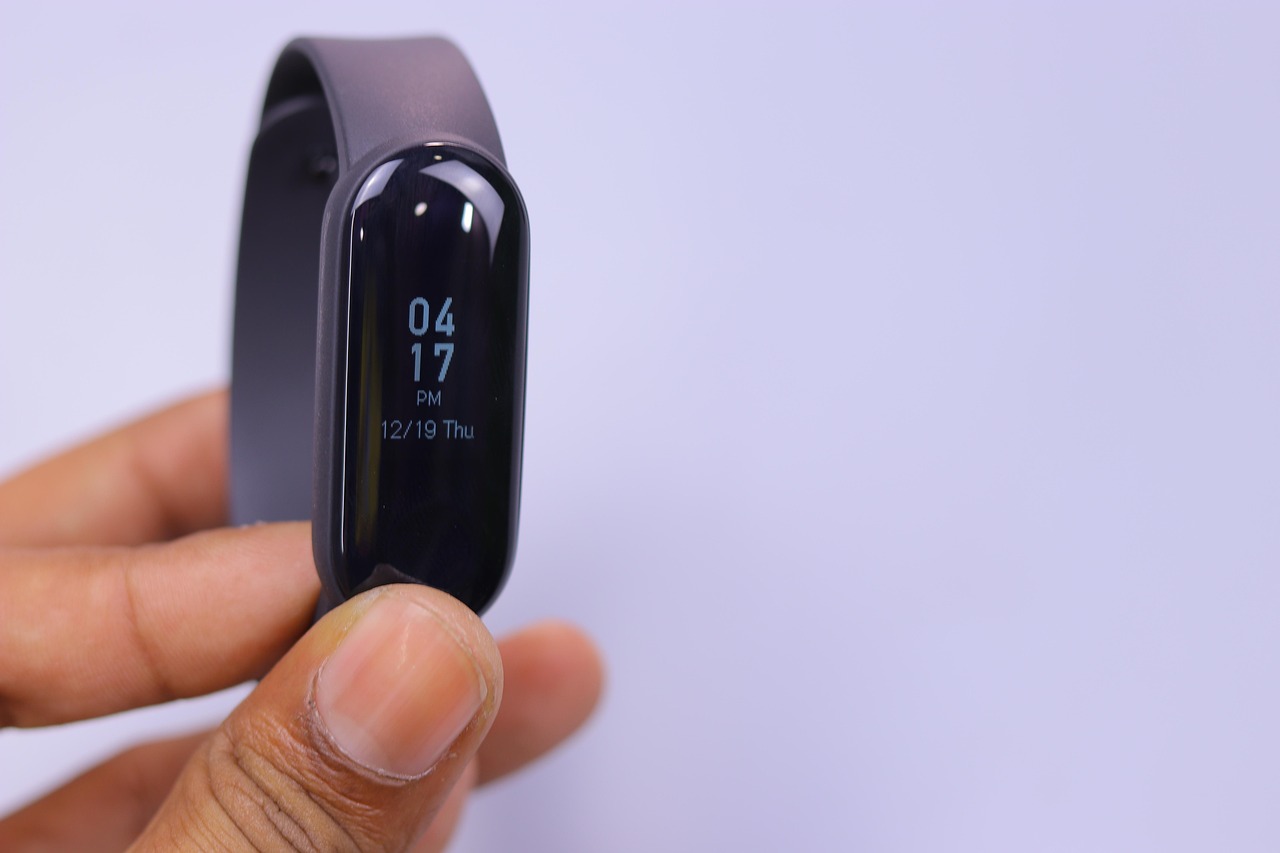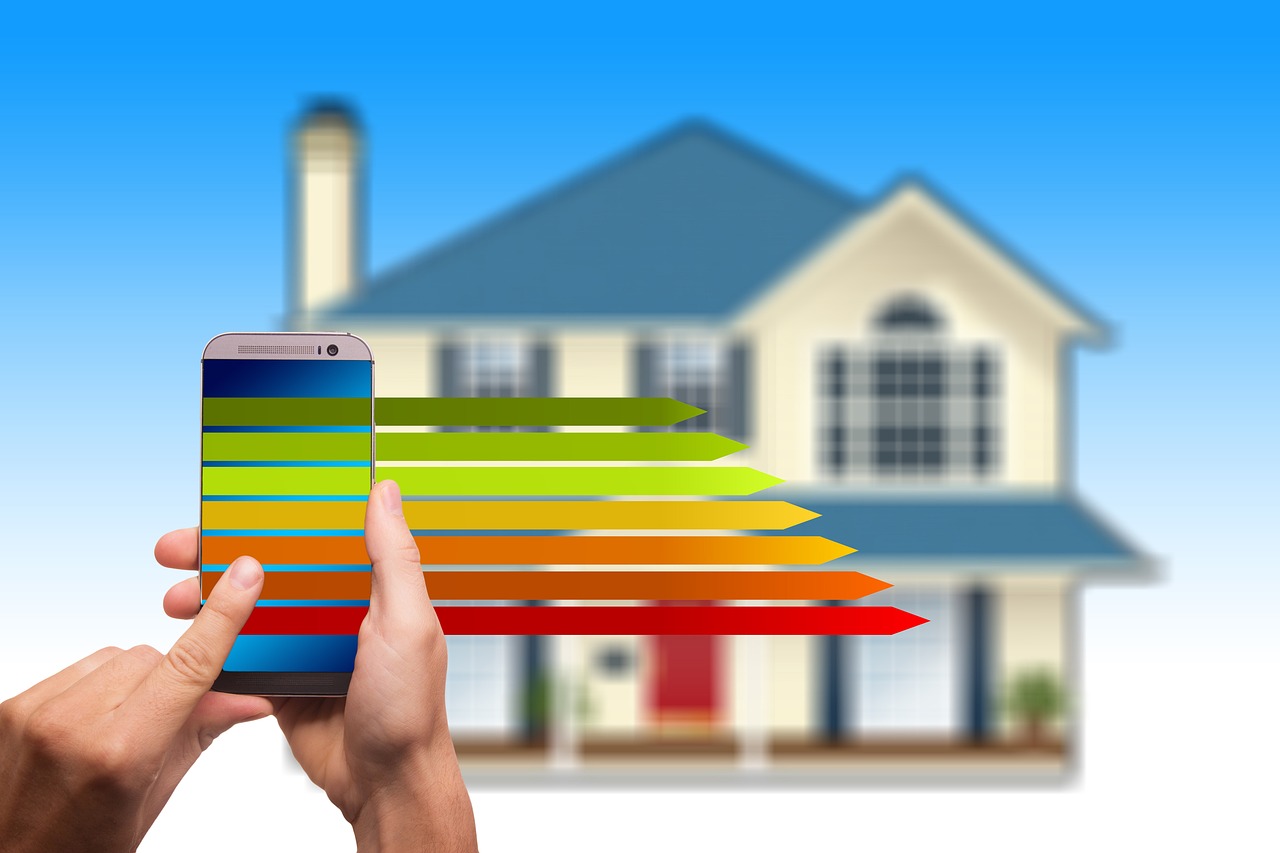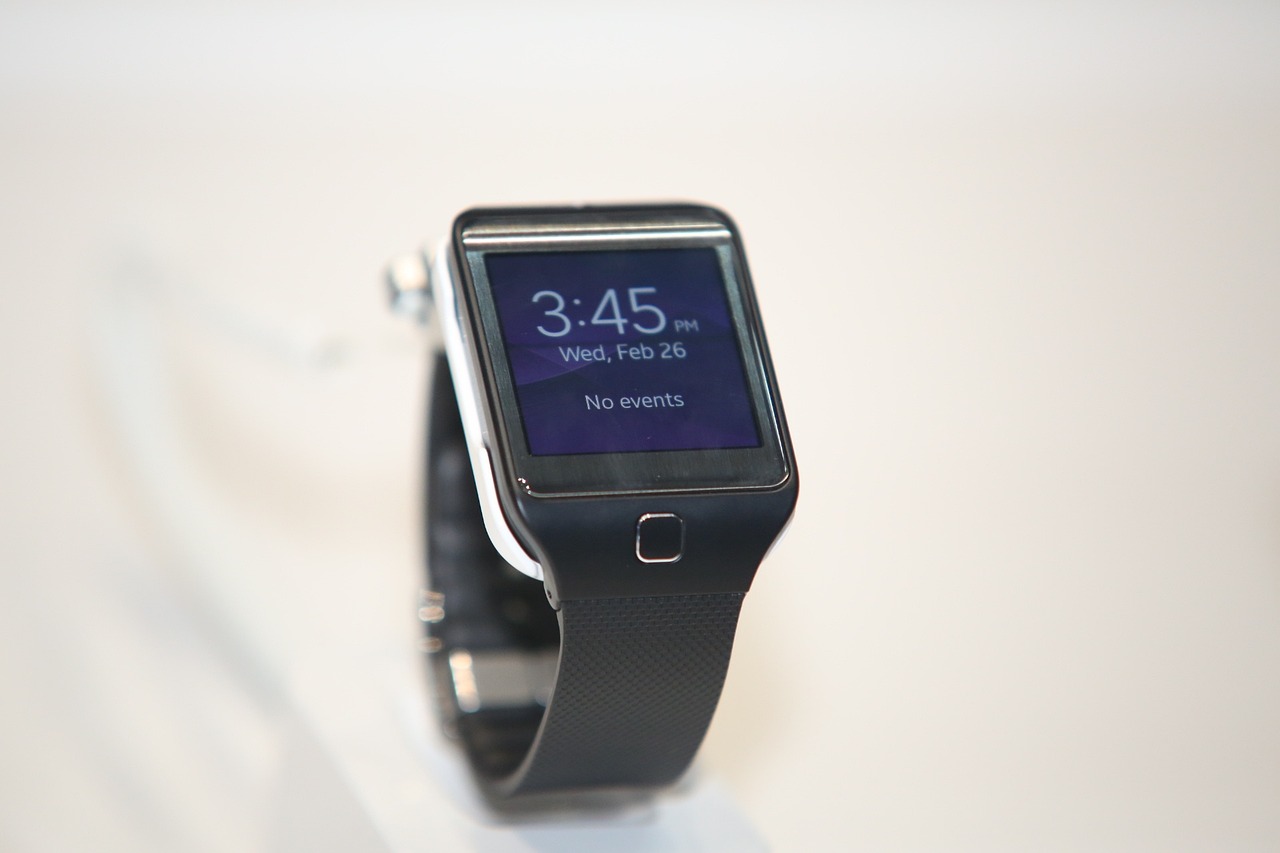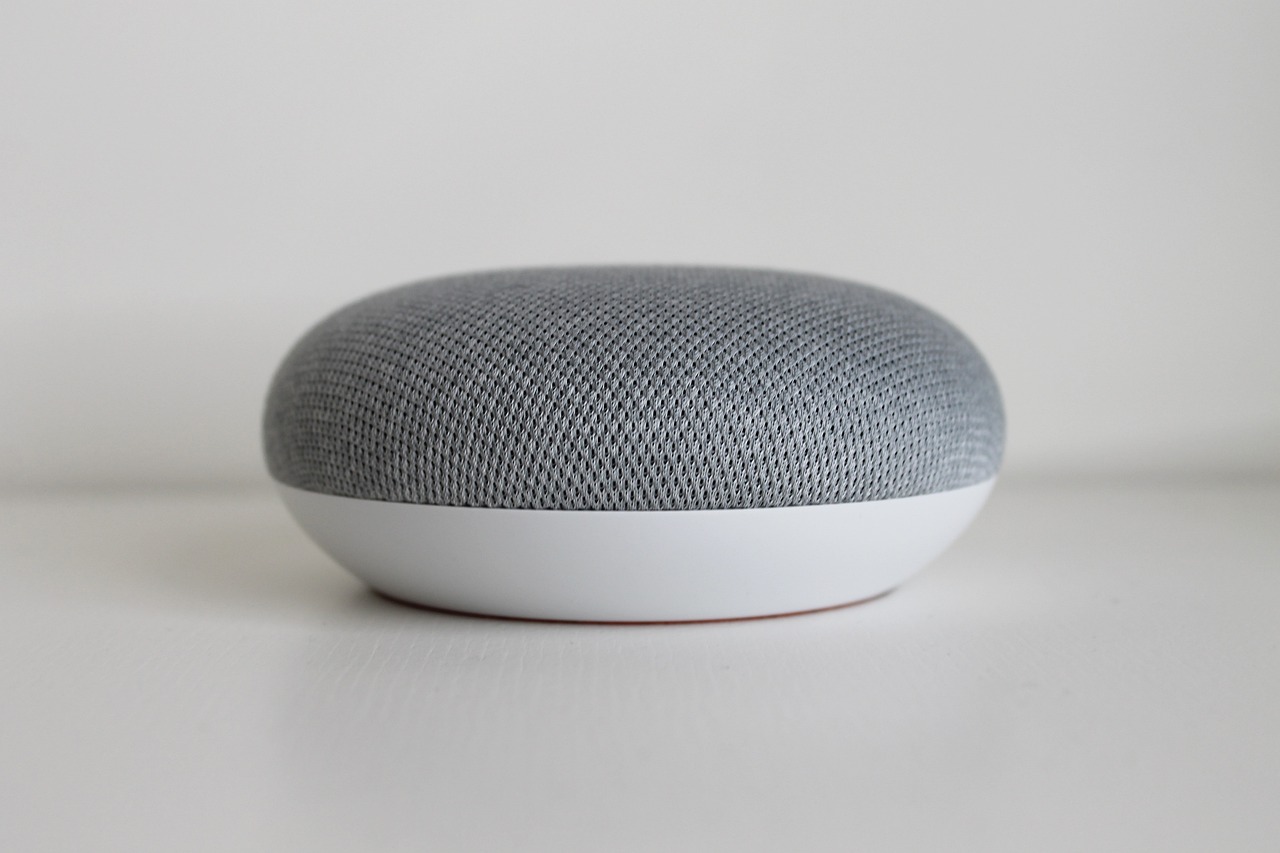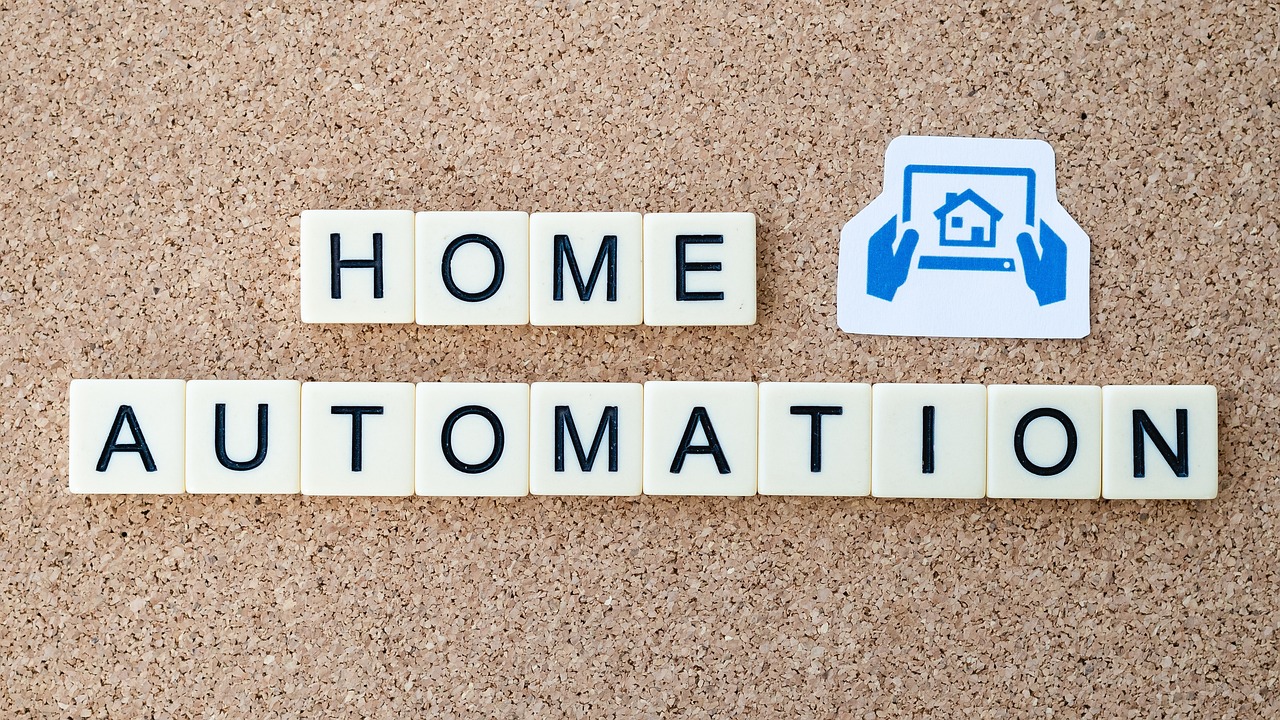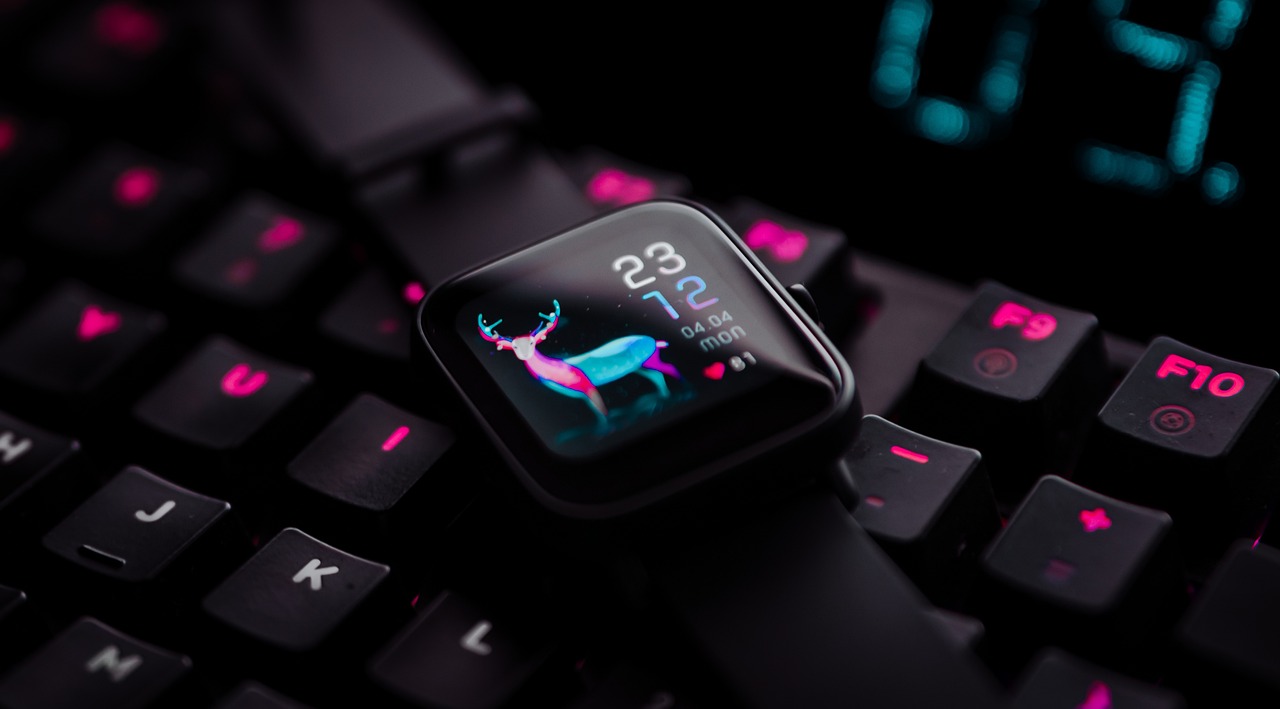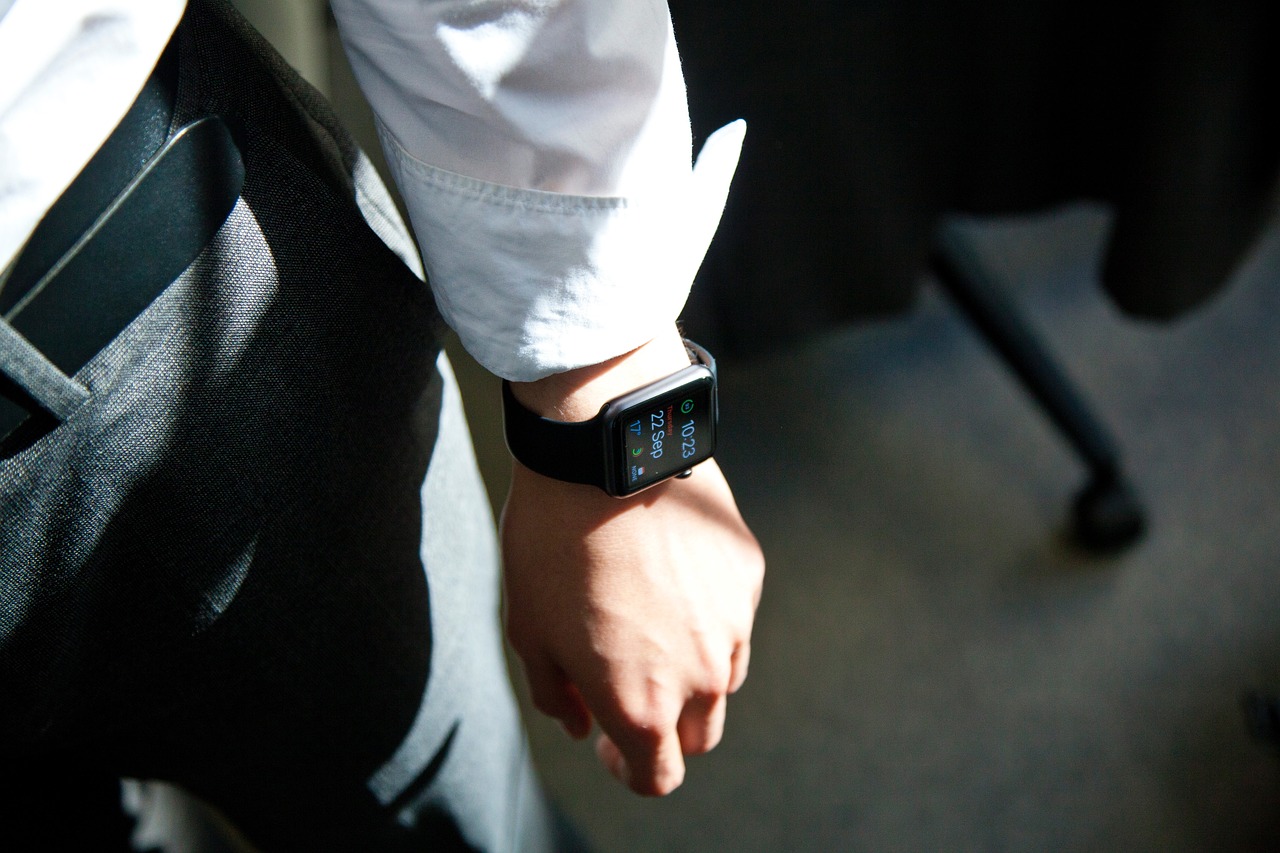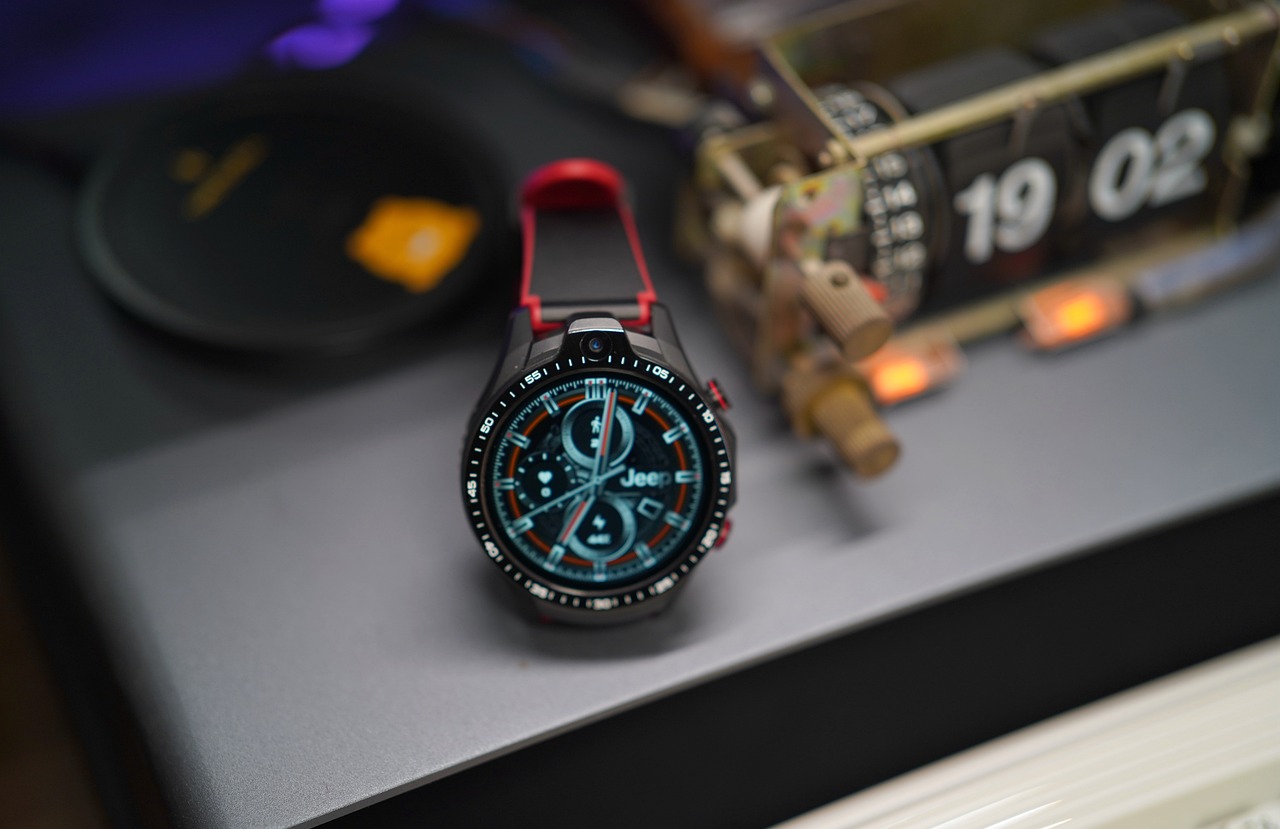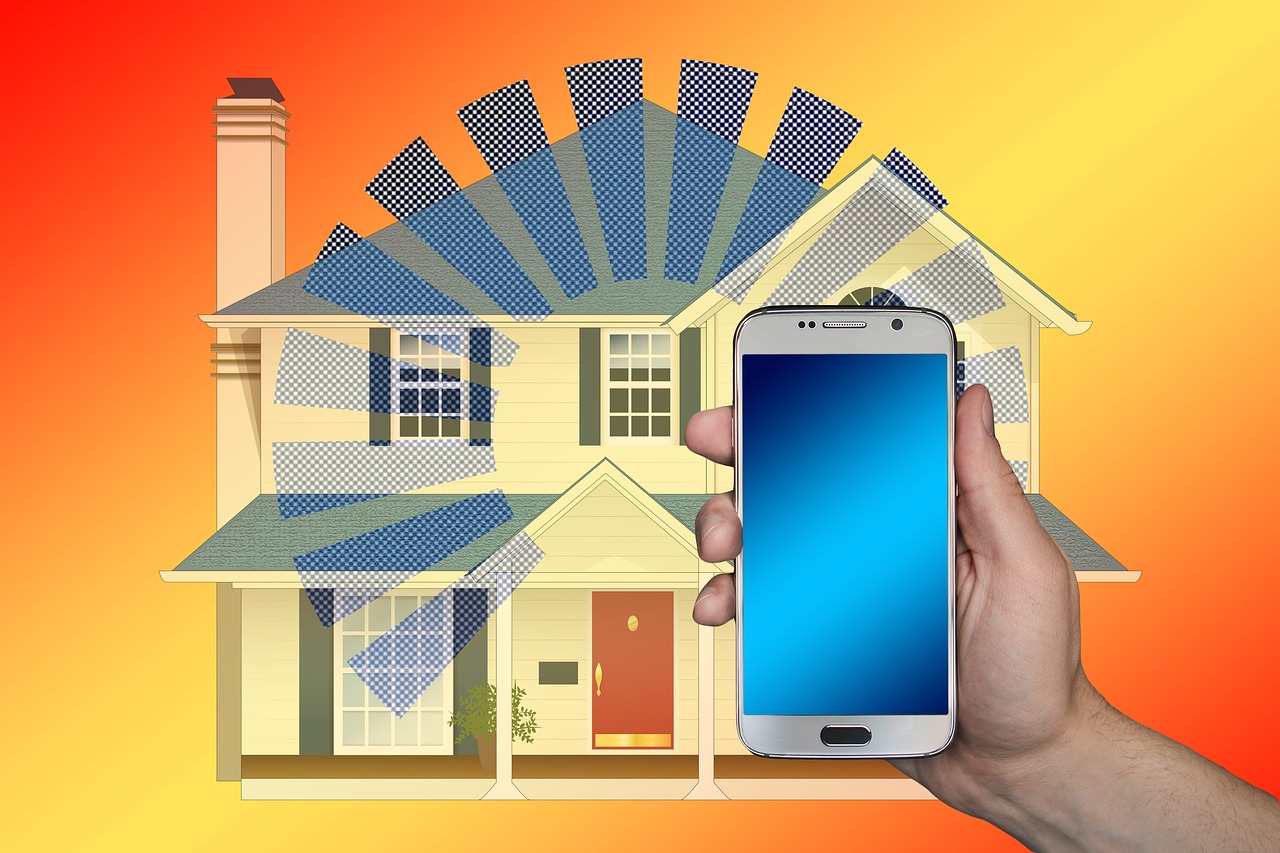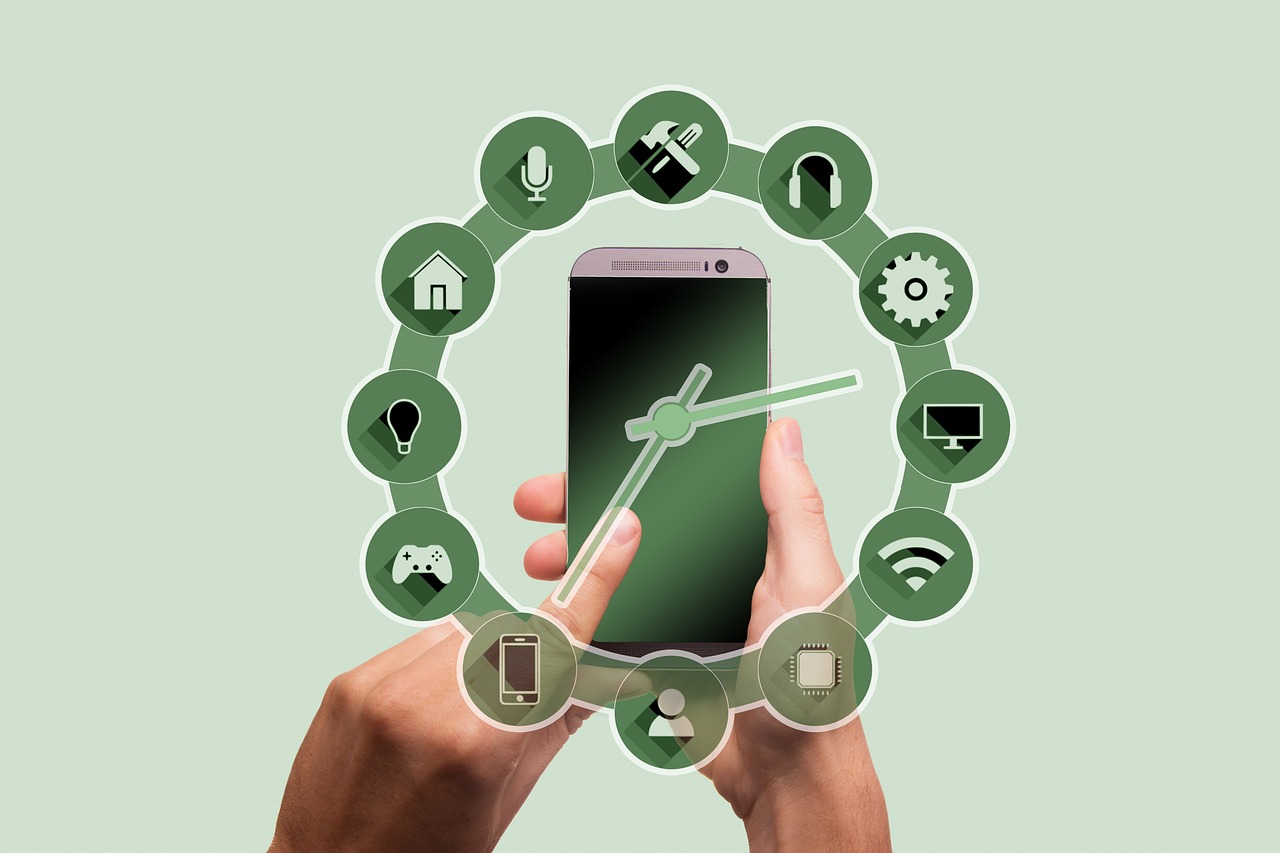This article delves into the most recent advancements in smart home devices specifically designed for health monitoring. These innovative technologies not only track vital health metrics but also provide users with insights that can significantly enhance their wellness journey.
What Are Smart Home Health Devices?
Smart home health devices are gadgets that integrate seamlessly into your home environment, allowing for the tracking and monitoring of various health metrics. They are designed to make it easier for individuals to manage their wellness effectively, offering real-time data and insights.
Benefits of Using Smart Home Health Devices
- Improved Health Outcomes: These devices can lead to better health management by providing users with valuable data.
- Increased Awareness: Users gain a clearer understanding of their health metrics.
- Convenience: Managing daily wellness routines becomes simpler and more efficient.
Enhanced Health Monitoring
Smart devices provide real-time updates on vital signs, which are essential for tracking changes in health. This capability can be crucial for the early detection of potential health issues.
Continuous Data Collection
These devices continuously gather data, offering users a comprehensive view of their health over time, rather than relying solely on sporadic doctor visits.
Alerts and Notifications
Many smart health devices come equipped with alert systems that notify users of irregular health metrics, prompting timely medical attention or necessary lifestyle changes.
Integration with Health Apps
Most devices are compatible with various health applications, allowing users to consolidate their health data and gain insights through analytics and reports.
Popular Smart Home Health Devices
- Smart Wearables: Devices such as fitness trackers and smartwatches monitor physical activity, heart rate, and sleep patterns.
- Smart Thermometers: These offer quick, accurate temperature readings while syncing data to smartphone apps.
How to Choose the Right Device
When selecting a smart health device, consider your personal health goals, compatibility with existing technology, and specific features that align with your lifestyle.
Privacy and Security Concerns
As with any technology, privacy and security are vital. Users should be aware of data protection measures and understand the data sharing policies of the devices they choose.
Future Trends in Smart Health Monitoring
The evolution of smart home health devices is ongoing, with advancements in technology paving the way for even more innovative solutions. The integration of AI and machine learning is expected to enhance the accuracy of health monitoring, while telehealth integration will facilitate remote consultations.
Conclusion: Embrace Smart Health Monitoring
Incorporating smart home devices into your health routine can significantly enhance your wellness journey. By providing valuable insights and fostering proactive health management, these devices can help you stay on top of your health.
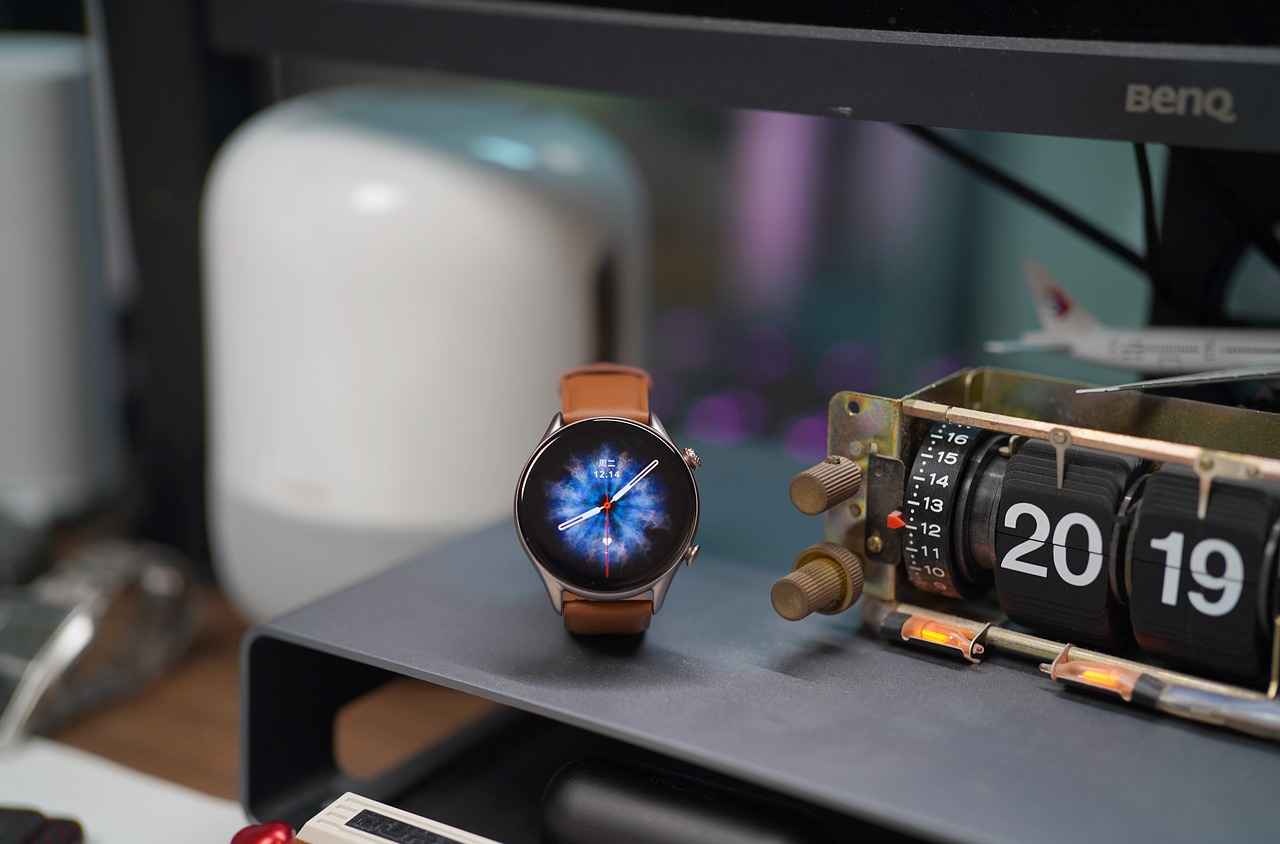
What Are Smart Home Health Devices?
Smart home health devices represent a significant advancement in personal wellness management, integrating technology within our living spaces to monitor and track various health metrics. These innovative devices provide users with the ability to keep a close eye on their health from the comfort of their homes, making wellness management not only easier but also more efficient.
At their core, smart home health devices are designed to collect, analyze, and share health data. This can include anything from heart rate and blood pressure to sleep patterns and activity levels. By leveraging the power of technology, these devices empower individuals to take control of their health and make informed decisions about their well-being.
- Real-Time Monitoring: Many smart health devices offer real-time data tracking, allowing users to receive immediate feedback on their health metrics.
- User-Friendly Interfaces: These devices often come with intuitive apps that provide a user-friendly experience, making it easy for anyone to navigate their health data.
- Integration with Other Devices: Smart health devices can often connect with other smart home technologies, creating a comprehensive ecosystem for health management.
Moreover, the data collected by these devices can be invaluable for healthcare professionals. By sharing accurate health information, users can facilitate better communication with their doctors, leading to more personalized care and timely interventions.
In summary, smart home health devices are transforming the way individuals approach their health. By providing continuous monitoring, easy access to health data, and enhanced communication with healthcare providers, these devices make managing wellness a more proactive and informed process.
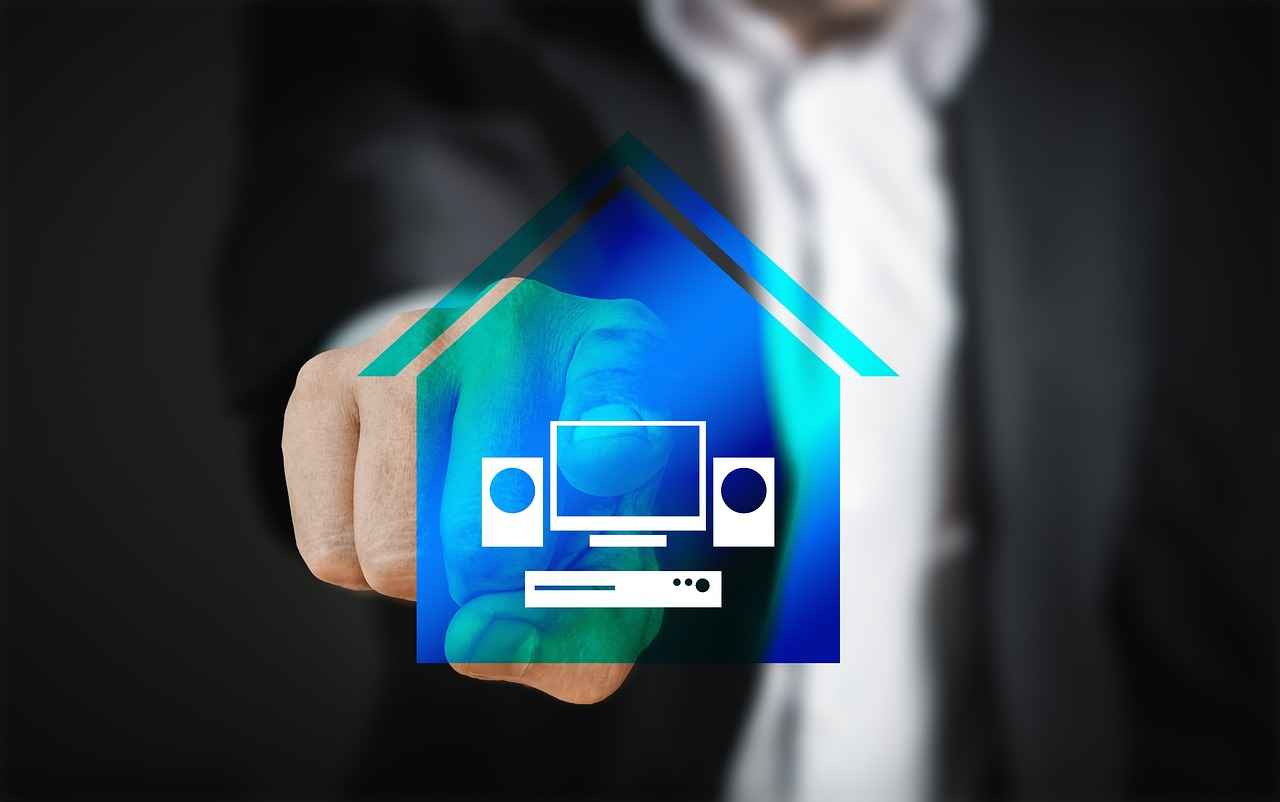
Benefits of Using Smart Home Health Devices
In today’s fast-paced world, smart home health devices have emerged as essential tools for individuals seeking to enhance their wellness and monitor their health effectively. These devices not only offer convenience but also provide valuable insights into personal health metrics, leading to improved health outcomes.
- Improved Health Outcomes: By utilizing smart health devices, individuals can track vital signs and other health parameters in real-time. This continuous monitoring can lead to early detection of potential health issues, allowing for timely intervention and better management of chronic conditions.
- Increased Awareness: Smart health devices empower users by providing instant access to health data. This increased awareness can motivate individuals to make healthier lifestyle choices, such as adjusting their diet or increasing physical activity.
- Convenience in Daily Management: Managing wellness routines has never been easier. With smart devices, users can set reminders for medication, track their exercise regimen, and even monitor sleep patterns, all from the comfort of their home.
- Data-Driven Insights: Many smart health devices sync with mobile applications, allowing users to analyze trends in their health data over time. This feature can help users understand the effectiveness of their wellness strategies and make informed decisions.
- Enhanced Communication with Healthcare Providers: By sharing health data with healthcare professionals, users can facilitate better communication and personalized care. This collaboration can lead to tailored treatment plans and improved health management.
Overall, the integration of smart home health devices into daily life can significantly enhance personal wellness, making it easier for individuals to stay informed and proactive about their health.
Enhanced Health Monitoring
In today’s fast-paced world, has become increasingly vital for individuals aiming to maintain optimal wellness. Smart home health devices are at the forefront of this trend, offering users the ability to track their vital signs in real time. These devices provide detailed insights into various health metrics, including heart rate, blood pressure, and oxygen saturation levels.
One of the significant advantages of these devices is their capability to detect changes in health metrics promptly. For instance, if a user’s heart rate spikes unexpectedly, the device can alert them, allowing for immediate action or consultation with a healthcare professional. This timely information can be crucial for early detection of potential health issues, ultimately leading to better health outcomes.
Moreover, the continuous data collection offered by these devices enables users to observe trends over time. By analyzing this data, individuals can identify patterns in their health, such as fluctuations in sleep quality or activity levels. This comprehensive view empowers users to make informed decisions regarding their lifestyle choices, whether it be adjusting their diet, increasing physical activity, or seeking medical advice.
Additionally, many smart health devices come equipped with integrative features that sync with health apps on smartphones. This integration allows for seamless tracking and analysis of health data, providing users with a holistic view of their wellness journey. Users can easily access their health history, set goals, and receive personalized insights based on their collected data.
In conclusion, the rise of smart home health devices marks a significant advancement in personal health management. By providing real-time data on vital signs and health trends, these devices not only enhance monitoring capabilities but also empower individuals to take charge of their health proactively.
Continuous Data Collection
In the realm of health monitoring, smart health devices stand out for their ability to provide continuous data collection. Unlike traditional methods that rely on periodic check-ups, these innovative devices offer a dynamic and ongoing assessment of an individual’s health. By consistently gathering data, users can gain a comprehensive view of their health over time, which is crucial for effective management and early detection of potential health issues.
These devices, which include wearables like smartwatches and fitness trackers, monitor various health metrics such as heart rate, physical activity, and sleep patterns. This continuous monitoring allows users to identify trends and fluctuations in their health data, making it easier to spot irregularities that may require medical attention.
- Real-Time Insights: Smart devices provide immediate feedback on health metrics, enabling users to make informed decisions about their wellness.
- Long-Term Tracking: By collecting data over extended periods, users can observe how lifestyle changes impact their health, facilitating better long-term planning.
- Data-Driven Adjustments: Continuous data collection empowers users to adjust their daily routines based on real-time feedback, promoting healthier habits.
Furthermore, many of these devices are equipped with advanced algorithms that analyze collected data, offering personalized insights and recommendations tailored to individual health needs. This level of customization enhances the user experience, making health management not only more effective but also more engaging.
In conclusion, the continuous data collection offered by smart health devices represents a significant advancement in personal health monitoring. By providing ongoing insights and fostering proactive health management, these devices empower users to take charge of their wellness journey.
Alerts and Notifications
In the realm of smart health monitoring, play a pivotal role in ensuring users stay informed about their health status. These notifications are designed to provide immediate feedback on various health metrics, which can be crucial for timely medical intervention or necessary lifestyle changes.
Many smart health devices are equipped with advanced sensors that continuously monitor vital signs such as heart rate, blood pressure, and even blood glucose levels. When these metrics fall outside of the normal range, the device promptly sends an alert to the user’s smartphone or wearable device. This feature empowers individuals to take immediate action, whether it’s contacting a healthcare professional or adjusting their daily routines.
- Real-Time Monitoring: Continuous tracking allows for immediate alerts, which can help in recognizing patterns that may indicate health issues.
- Customizable Notifications: Users can often tailor the types of alerts they receive based on their specific health conditions or goals.
- Integration with Emergency Services: Some devices can connect directly to emergency contacts or services, providing an added layer of security.
Moreover, the integration of these alerts with mobile health applications enhances user engagement. Many apps offer analytics and trends based on the data collected, allowing users to visualize their health journey over time. This not only fosters a greater understanding of personal health but also encourages proactive management.
In conclusion, the alerts and notifications provided by smart health devices are not just features; they are essential tools that can lead to better health outcomes. By staying informed and taking timely action, users can significantly enhance their overall wellness.
Integration with Health Apps
In today’s digital age, the synergy between smart health devices and health applications has revolutionized the way individuals manage their well-being. Most smart health devices are designed to be compatible with a wide range of health apps, effectively allowing users to consolidate their health data from multiple sources. This integration is crucial for those seeking a comprehensive understanding of their health metrics.
Benefits of Integration
- Data Consolidation: Users can gather information from various devices, such as fitness trackers, smart scales, and heart rate monitors, into a single platform. This makes it easier to view trends and make informed decisions about health.
- Enhanced Analytics: Health apps often provide detailed analytics and reports that help users interpret their data. This can include insights into sleep patterns, physical activity levels, and even dietary habits.
- Personalized Insights: With the integration of health apps, users can receive tailored recommendations based on their unique health data, making it easier to achieve personal health goals.
Real-Time Monitoring
Another significant advantage of integrating smart health devices with health apps is the ability to monitor health metrics in real-time. Users receive instant notifications for any irregularities, such as elevated heart rates or abnormal sleep patterns. This feature not only fosters proactive health management but also encourages timely interventions when necessary.
Future of Health Device Integration
Looking ahead, the integration between smart health devices and health apps is expected to become even more sophisticated. Innovations such as artificial intelligence and machine learning will enhance the predictive capabilities of these systems, providing users with even deeper insights into their health.
In conclusion, the compatibility of smart health devices with health applications plays a pivotal role in empowering individuals to take charge of their health. By consolidating data, enhancing analytics, and enabling real-time monitoring, this integration not only simplifies health management but also fosters a more informed and proactive approach to wellness.

Popular Smart Home Health Devices
have emerged as essential tools for individuals seeking to monitor their health and wellness effectively. These innovative devices offer a variety of features tailored to meet diverse health needs, making it easier for users to stay informed about their well-being.
In recent years, the demand for smart home health devices has surged, as more people recognize the importance of tracking health metrics. From wearables to smart appliances, these devices provide valuable insights that can lead to better health outcomes.
- Smart Wearables: Devices such as fitness trackers and smartwatches have become increasingly popular. They monitor physical activity, heart rate, and sleep patterns, providing users with a comprehensive view of their health. Many of these wearables also offer features like GPS tracking and guided workouts, making them versatile companions for fitness enthusiasts.
- Smart Thermometers: These devices provide quick and accurate temperature readings, often syncing data with smartphone apps. Users can easily track fevers or fluctuations in body temperature, which is particularly useful for parents monitoring their children’s health.
- Smart Blood Pressure Monitors: These devices allow users to measure their blood pressure conveniently at home. Many models come with Bluetooth connectivity, enabling users to store and analyze their readings over time through associated apps.
- Smart Scales: Equipped with advanced technology, smart scales not only measure weight but also provide insights into body composition, such as body fat percentage and muscle mass. This data can be crucial for those on fitness journeys or managing specific health conditions.
- Smart Sleep Trackers: These devices monitor sleep patterns and provide insights into sleep quality. By analyzing factors such as duration and disturbances, users can make informed adjustments to improve their sleep hygiene.
As technology continues to evolve, the landscape of smart home health devices is set to expand further, offering even more tailored solutions for health monitoring. By incorporating these devices into daily routines, individuals can take proactive steps towards achieving and maintaining their health goals.
Smart Wearables
have revolutionized the way we monitor our health and fitness. These innovative devices, including fitness trackers and smartwatches, are designed to provide users with real-time insights into their physical activity, heart rate, and sleep patterns. By seamlessly integrating technology into our daily lives, they empower individuals to take charge of their wellness journey.
One of the primary advantages of smart wearables is their ability to track physical activity. Users can monitor their steps, calories burned, and even specific workouts, making it easier to set and achieve fitness goals. This data can be incredibly motivating, as it encourages users to stay active and make healthier choices.
In addition to activity tracking, these devices often include heart rate monitors. This feature allows users to keep an eye on their cardiovascular health, which is essential for maintaining overall well-being. By providing real-time heart rate data, wearables can help users understand their fitness levels and adjust their workouts accordingly.
Another significant benefit of smart wearables is their capability to monitor sleep patterns. Quality sleep is crucial for good health, and wearables can track the duration and quality of sleep, offering insights into sleep cycles and disturbances. This information can be invaluable for users looking to improve their sleep hygiene and overall health.
Moreover, many smart wearables are equipped with advanced features such as GPS tracking, which allows users to map their runs or bike rides accurately. Some devices even offer notifications for calls, messages, and reminders, ensuring users stay connected without constantly checking their phones.
As technology continues to evolve, the future of smart wearables looks promising. Innovations such as improved battery life, enhanced accuracy in health monitoring, and integration with other smart home devices are on the horizon. This evolution will likely lead to even greater personalization and effectiveness in health management.
In conclusion, are more than just trendy gadgets; they are powerful tools that can help individuals lead healthier lives. By providing valuable insights into physical activity, heart rate, and sleep patterns, these devices play a crucial role in promoting wellness and encouraging proactive health management.
Smart Thermometers
have revolutionized the way we monitor our body temperature, providing a blend of convenience and accuracy that traditional thermometers often lack. These innovative devices are designed to offer quick and precise temperature readings, making them an essential tool for families and individuals alike.
One of the standout features of smart thermometers is their ability to sync data with smartphone applications. This functionality allows users to track their temperature history effortlessly, which can be especially beneficial during illness or when monitoring fevers. By having a comprehensive record of temperature changes, users can identify patterns and trends, which can be crucial for timely medical consultations.
Moreover, many smart thermometers come equipped with advanced technology such as infrared sensors and Bluetooth connectivity. These features not only enhance accuracy but also enable the device to provide readings within seconds. Some models even offer voice prompts or visual displays, making them user-friendly for individuals of all ages, including children and the elderly.
In addition to tracking temperature, smart thermometers can also provide insights into other health metrics. For instance, some devices can analyze symptoms and suggest potential health issues based on the recorded data. This capability empowers users to make informed decisions about their health and seek medical advice when necessary.
As health monitoring becomes increasingly important in today’s world, smart thermometers stand out as a vital tool in managing personal wellness. Their ease of use, combined with the ability to store and analyze data, makes them an indispensable part of any health-conscious household.
| Feature | Benefit |
|---|---|
| Quick Readings | Immediate temperature results for timely decisions |
| Data Syncing | Track temperature history via smartphone apps |
| User-Friendly Design | Accessible for all ages, including children |
| Health Insights | Identify potential health issues early |
In conclusion, are more than just a tool for measuring temperature; they are a gateway to better health management. By integrating technology with healthcare, these devices help users stay informed about their well-being and take proactive steps toward maintaining their health.

How to Choose the Right Device
Choosing the Right Smart Health Device: A Comprehensive Guide
Selecting the appropriate smart health device is essential for achieving your personal health goals. With the plethora of options available, it’s crucial to consider several factors that align with your unique lifestyle and existing technology.
- Define Your Health Goals: Start by identifying what you want to achieve. Are you looking to monitor your heart rate, track your sleep, or manage a chronic condition? Understanding your specific health needs will help narrow down your options.
- Compatibility Matters: Ensure that the device you choose is compatible with your current technology. For instance, if you use a specific health app, check if the device integrates seamlessly with it. Compatibility can enhance your user experience and data accessibility.
- Evaluate Features: Different devices come with various features. Some may offer advanced analytics, while others focus on simplicity. Consider what features are most important to you, such as heart rate monitoring, GPS tracking, or sleep analysis.
- Read Reviews: Before making a purchase, research user reviews and expert opinions. This can provide insight into the device’s reliability, ease of use, and customer support.
- Budget Considerations: Smart health devices are available at various price points. Determine your budget beforehand to avoid overspending while ensuring you select a quality device that meets your needs.
Ultimately, the right smart health device should not only align with your health goals but also fit seamlessly into your daily routine. By taking the time to assess your needs and preferences, you can make an informed decision that empowers you to take control of your health.
Assessing Your Health Needs
is a crucial step in selecting the right smart home health device. Understanding your individual health priorities can significantly influence your choice, ensuring that the device you select aligns with your wellness goals. Here are some key considerations to keep in mind:
- Identify Your Health Goals: Begin by reflecting on what you want to achieve. Are you focused on weight management, chronic condition monitoring, or improving your overall fitness? Clearly defined goals will help narrow down your options.
- Consider Existing Health Conditions: If you have any chronic conditions, such as diabetes or hypertension, look for devices that offer specific monitoring capabilities for those issues. For instance, a device that tracks blood sugar levels might be essential for diabetics.
- Evaluate Your Lifestyle: Your daily routine and lifestyle habits play a significant role in how you will use a health device. For example, if you lead an active lifestyle, a fitness tracker that monitors physical activity and heart rate may be beneficial.
- Compatibility with Other Devices: Ensure that the device you choose can easily integrate with your existing technology, such as smartphones or health apps. This integration can enhance your experience and provide a comprehensive view of your health data.
- Budget Considerations: Smart health devices come in a range of prices. Determine a budget that allows you to invest in a quality device without compromising on essential features.
By taking the time to assess your health needs thoroughly, you can make an informed decision when selecting a smart home health device. This proactive approach not only enhances your health management but also empowers you to achieve your wellness goals effectively.
Budget Considerations
are a crucial aspect when selecting smart health devices. With an array of options available, understanding how to navigate the price spectrum can help you find the best fit for your health monitoring needs.
Smart health devices come in a wide range of prices, from budget-friendly options to high-end models loaded with advanced features. To make an informed decision, it is essential to set a realistic budget that aligns with your health goals and financial situation. Here are some key points to consider:
- Identify Essential Features: Determine which features are necessary for your health monitoring. For instance, if you need a device primarily for tracking heart rate, you may not need to invest in a model with extensive fitness tracking capabilities.
- Quality vs. Price: While it might be tempting to opt for the cheapest option, investing in a quality device often pays off in reliability and longevity. Cheaper devices may lack accuracy or durability.
- Brand Reputation: Research brands known for their quality and customer satisfaction. Established brands often provide better customer support and warranty options, which can be valuable in the long run.
- Sales and Discounts: Keep an eye out for seasonal sales or discounts. Many retailers offer promotions that can significantly reduce the cost of smart health devices.
- Long-Term Value: Consider the long-term benefits of the device. A higher initial investment may lead to better health insights, which can help you avoid costly medical expenses in the future.
In conclusion, setting a budget is a vital step in the process of selecting smart health devices. By carefully assessing your needs and considering factors such as quality, features, and brand reputation, you can make a choice that not only fits your financial constraints but also enhances your health management journey.
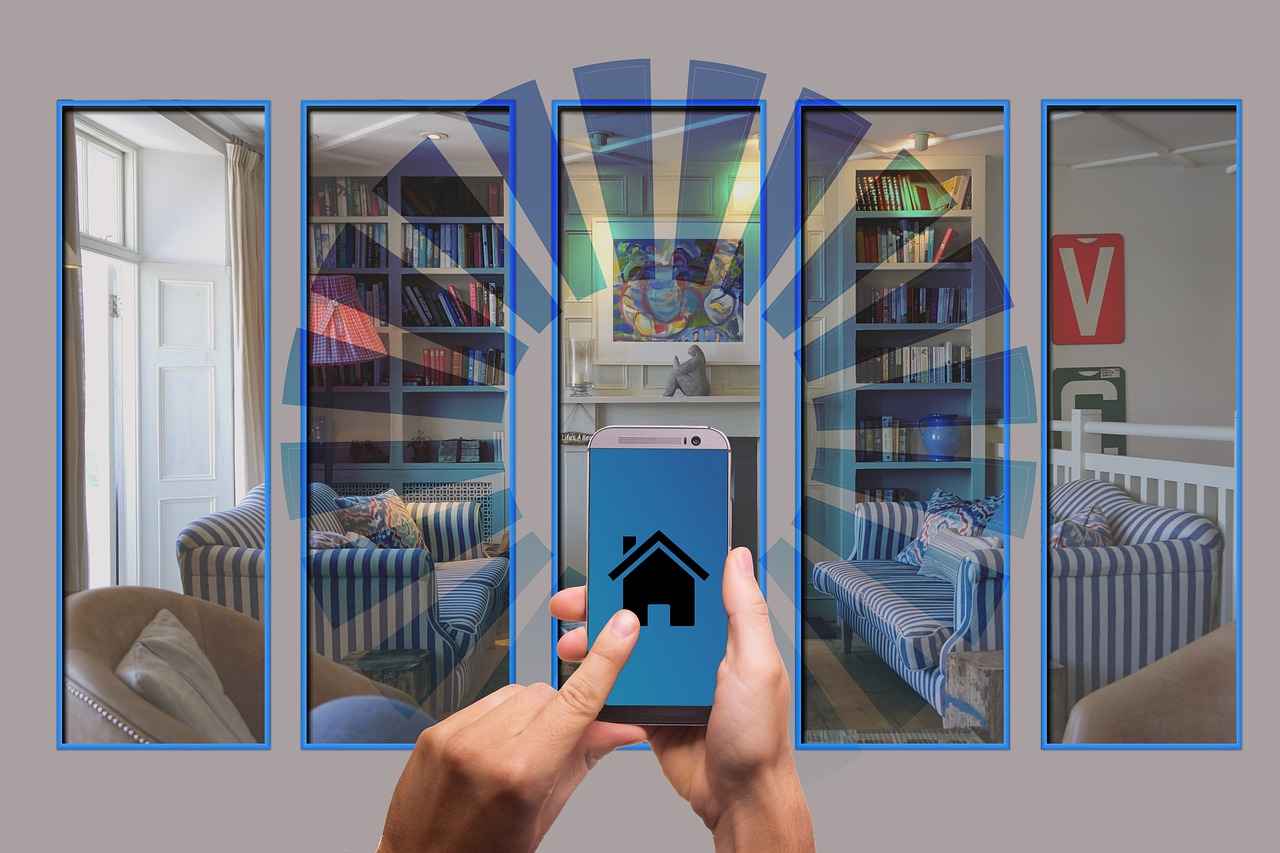
Privacy and Security Concerns
In the age of technology, the use of smart health devices has become increasingly popular, offering users a convenient way to monitor their health. However, with this convenience comes significant that must be addressed to protect sensitive personal data.
Understanding Data Vulnerabilities
Smart health devices collect a plethora of data, including heart rates, sleep patterns, and even blood pressure. This data is often transmitted over the internet, making it susceptible to unauthorized access. Cybercriminals may exploit vulnerabilities in the device’s software or the cloud storage systems where data is held. Thus, it is crucial for users to be aware of these risks and take proactive measures to safeguard their information.
Data Encryption and Security Features
To mitigate these risks, many smart health devices incorporate encryption and other security features. Encryption converts data into a code to prevent unauthorized access, ensuring that only authorized users can view sensitive information. When choosing a device, it is essential to verify that it employs strong encryption methods and has a solid reputation for security.
Understanding Data Sharing Policies
Another critical aspect of privacy is understanding the data sharing policies of the devices you use. Many manufacturers share user data with third parties for various purposes, including marketing and research. Before purchasing a smart health device, thoroughly read its privacy policy to ensure your data is handled according to your preferences. Opt for devices that offer clear and straightforward policies, giving you control over your data.
Regular Software Updates
Keeping your device updated is another vital practice. Manufacturers often release software updates that fix security vulnerabilities and enhance functionality. Regular updates help protect your device from the latest threats, ensuring that your health data remains secure.
Conclusion
In summary, while smart health devices offer numerous benefits for monitoring and managing health, it is essential to remain vigilant about privacy and security. By understanding potential vulnerabilities, choosing devices with robust security features, and being aware of data sharing policies, users can enjoy the advantages of these technologies while safeguarding their personal information.
Data Encryption and Security Features
In today’s digital age, protecting personal health data is more important than ever. With the rise of smart home health devices, data encryption and security features have become essential components designed to safeguard sensitive information from unauthorized access. These measures not only enhance user trust but also comply with legal standards for privacy protection.
Understanding Data Encryption
Data encryption is a process that transforms readable data into a coded format, making it inaccessible to unauthorized users. Most smart health devices employ advanced encryption protocols, such as AES (Advanced Encryption Standard), to secure data both in transit and at rest. This means that even if data is intercepted during transmission or accessed from storage, it remains protected.
Multi-Factor Authentication
Many devices also implement multi-factor authentication (MFA), which adds an extra layer of security. Users may be required to provide additional verification, such as a one-time code sent to their mobile device, before accessing their health data. This significantly reduces the risk of unauthorized access.
Regular Software Updates
To combat emerging security threats, manufacturers regularly release software updates that include security patches. Users should ensure that their devices are always updated to benefit from the latest security enhancements. Ignoring updates can leave devices vulnerable to potential breaches.
Understanding Privacy Policies
Before using any smart health device, it is crucial to review the manufacturer’s privacy policy. Understanding how your data will be collected, stored, and shared is vital for making informed decisions about your health information. Look for devices that prioritize user privacy and offer transparent data handling practices.
Conclusion
As the use of smart home health devices continues to grow, so does the importance of robust data encryption and security features. By choosing devices that prioritize these aspects, users can confidently monitor their health while protecting their personal information from unauthorized access.
Understanding Data Sharing Policies
In today’s digital age, where privacy and security are paramount, understanding the data sharing policies of smart home devices is crucial. Before you start using any device, it’s essential to be aware of how your personal information is collected, stored, and shared. This knowledge not only empowers you to make informed choices but also helps ensure that your data is handled according to your preferences.
Smart home devices often collect a variety of data, including health metrics, usage patterns, and even location information. Manufacturers typically outline their data sharing practices in their privacy policies, which can often be lengthy and filled with technical jargon. Therefore, it’s important to:
- Read the Privacy Policy: Always take the time to review the privacy policy of the device you are considering. Look for sections related to data collection, usage, and sharing.
- Check for Opt-Out Options: Many devices provide users with the option to opt out of data sharing. Ensure you know how to adjust these settings.
- Understand Third-Party Sharing: Some devices may share your data with third-party companies for marketing or research purposes. Make sure you are comfortable with these practices.
- Look for Data Security Measures: Ensure that the device uses encryption and other security features to protect your data from unauthorized access.
In addition to reviewing the privacy policy, it’s also beneficial to stay informed about the latest trends in data privacy regulations, such as the General Data Protection Regulation (GDPR) and the California Consumer Privacy Act (CCPA). These regulations can impact how companies handle your data and your rights as a consumer.
By understanding data sharing policies, you can take proactive steps to safeguard your personal information while enjoying the benefits of smart home technology. Remember, informed users are empowered users.
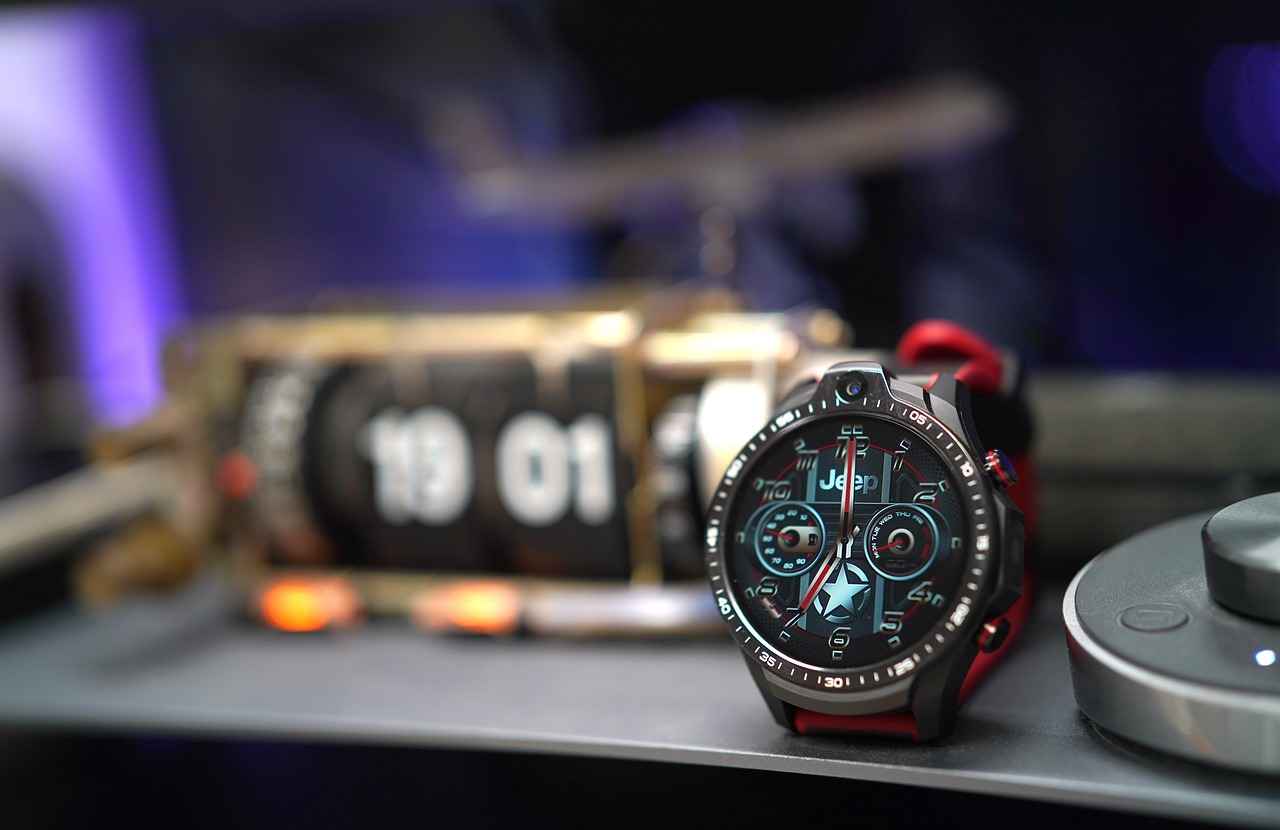
Future Trends in Smart Health Monitoring
The realm of smart home health devices is undergoing a remarkable transformation, driven by rapid technological advancements. As we look to the future, it is evident that these innovations will not only enhance health monitoring but also revolutionize how we approach wellness in our daily lives.
Integration of Artificial Intelligence
One of the most exciting trends is the integration of artificial intelligence (AI) and machine learning into smart health devices. These technologies enable devices to analyze data more accurately, providing users with personalized health insights. For instance, AI can predict potential health issues by recognizing patterns in vital signs, allowing for early intervention.
Telehealth Expansion
As telehealth services gain traction, smart health devices are increasingly integrating with virtual healthcare platforms. This synergy allows for seamless remote consultations, enabling healthcare professionals to monitor patients’ health in real-time. Patients can receive timely feedback and adjustments to their health plans without the need for in-person visits.
Wearable Technology Advancements
Wearable devices are becoming more sophisticated, with advancements in sensor technology and data analytics. Future wearables will likely include features such as continuous glucose monitoring for diabetics or advanced sleep tracking capabilities that analyze sleep quality and patterns. This data can empower users to make informed lifestyle changes.
Interoperability Between Devices
Another promising trend is the push for interoperability among various smart health devices. This means different devices will be able to communicate and share data seamlessly, creating a comprehensive health profile for users. Such integration can lead to more holistic health management, as users will have access to a complete view of their health metrics.
Enhanced User Privacy and Security
With the increasing reliance on smart health devices, concerns regarding data privacy and security are paramount. Future devices are expected to implement stronger encryption methods and user-controlled data sharing options, ensuring that personal health information remains confidential and secure.
Conclusion: A Healthier Tomorrow
The future of smart health monitoring is bright, with innovations poised to enhance our understanding and management of health. By embracing these technologies, individuals can take proactive steps toward better health outcomes, making wellness more accessible and personalized than ever before.
AI and Machine Learning Integration
is revolutionizing the landscape of health monitoring devices, offering unprecedented accuracy and predictive capabilities. By harnessing the power of artificial intelligence and machine learning, these devices can analyze vast amounts of health data in real-time, providing users with personalized insights tailored to their unique health profiles.
One of the most significant advancements in this field is the ability of AI algorithms to learn from user data over time. As individuals interact with their health monitoring devices, the AI continuously refines its understanding of their health patterns. This leads to more accurate predictions regarding potential health issues, enabling proactive measures to be taken before problems escalate.
| Feature | Description |
|---|---|
| Personalized Health Insights | AI analyzes individual health metrics to provide tailored advice and recommendations. |
| Predictive Analytics | Machine learning models predict potential health risks based on historical data. |
| Real-Time Monitoring | Devices provide continuous tracking of vital signs, alerting users to irregularities. |
Furthermore, these advanced systems can integrate seamlessly with other health applications, creating a comprehensive health management ecosystem. Users can consolidate their health data across multiple platforms, enabling better tracking and understanding of their overall wellness. For instance, a smart wearable device may sync with a nutritional app to provide insights on how dietary choices impact physical activity levels.
In conclusion, the integration of AI and machine learning into health monitoring devices is not just a trend; it is a significant leap towards enhancing personal health management. By providing tailored insights and predictive capabilities, these technologies empower users to take charge of their health like never before.
Telehealth Integration
has become a pivotal aspect of modern healthcare, especially as the demand for remote medical services continues to rise. With the advent of advanced technology, smart health devices are now playing a crucial role in this transformation, allowing for seamless communication between patients and healthcare providers.
As telehealth becomes more prevalent, smart health devices are likely to integrate effortlessly with virtual healthcare services. This integration facilitates remote consultations, enabling healthcare professionals to monitor patients’ health metrics in real-time. For instance, devices such as smartwatches and fitness trackers can collect vital data like heart rate, blood pressure, and activity levels, which can then be shared with doctors during virtual visits.
One of the key benefits of this integration is the ability to provide continuous health management. Patients can receive timely feedback and adjustments to their treatment plans based on the data collected by their devices. This not only enhances patient engagement but also empowers individuals to take charge of their health, leading to better health outcomes.
Moreover, the integration of smart health devices with telehealth platforms allows for personalized healthcare experiences. By analyzing the data from these devices, healthcare providers can tailor their recommendations and interventions to meet the unique needs of each patient. This level of customization can significantly improve adherence to treatment plans and promote healthier lifestyle choices.
In conclusion, the future of healthcare is increasingly intertwined with technology. As telehealth continues to evolve, the integration of smart health devices will be essential in facilitating effective remote consultations and ongoing health management. Embracing these innovations will not only enhance the patient experience but will also pave the way for a more efficient and responsive healthcare system.

Conclusion: Embrace Smart Health Monitoring
In today’s fast-paced world, incorporating smart home devices into your health routine is becoming increasingly essential. These innovative tools not only track your health metrics but also provide a wealth of information that can significantly enhance your wellness journey. By leveraging technology, you can foster a more proactive approach to health management, ensuring you stay informed and engaged with your personal wellness.
Smart home health devices encompass a wide range of products, from wearable fitness trackers to advanced smart scales. Each device is designed to monitor specific health parameters, such as heart rate, sleep patterns, and even blood pressure. This real-time data collection allows users to identify trends and make informed decisions about their health. For instance, a smart watch can alert you to irregular heartbeats, prompting you to seek medical advice early on.
Moreover, these devices often integrate seamlessly with health apps, creating a centralized platform for tracking your progress. This integration not only enhances user experience but also provides valuable insights through analytics, helping you understand your health better. With features such as alerts and notifications, you can receive timely reminders to stay active or even to take medications, ensuring that you remain on top of your wellness goals.
When selecting a smart health device, it’s crucial to assess your personal health needs and budget. Consider what health metrics are most important to you and how each device’s features align with your lifestyle. Additionally, privacy and security should not be overlooked. Understanding data sharing policies and ensuring that your information is securely stored are essential steps in adopting these technologies.
In conclusion, embracing smart health monitoring can transform your approach to wellness. By utilizing these devices, you gain not only insights into your health but also the ability to manage it proactively. As technology continues to evolve, the future of health monitoring looks promising, with innovations that will further enhance our ability to live healthier lives.
Frequently Asked Questions
- What types of smart home health devices are available?
There are various smart home health devices, including smart wearables like fitness trackers and smartwatches, smart thermometers, blood pressure monitors, and sleep trackers. Each device offers unique features tailored to different health needs.
- How do smart health devices improve my wellness?
Smart health devices provide real-time data on vital signs, helping you track changes in your health. They offer continuous data collection, alerts for irregular metrics, and integration with health apps, making it easier to manage your wellness effectively.
- Are smart health devices safe in terms of privacy?
Yes, most smart health devices incorporate encryption and other security features to protect your personal health data. However, it’s crucial to understand the data sharing policies of the devices you use to ensure your information is handled securely.
- How can I choose the right smart health device for me?
To select the right device, assess your health needs and priorities, consider your budget, and look for compatibility with existing technology. This will help you find a device that aligns with your lifestyle and health goals.
- What future trends should I be aware of in smart health monitoring?
Future trends include the integration of AI and machine learning for more accurate health insights, and seamless connections with telehealth services for remote consultations and continuous health management.

